Today’s readings
Today’s gospel reading is a rather heartbreaking story, to be honest. The rich young man is obviously a follower of the law and a religious man, because he is able to talk to Jesus about his observance of the law. But when Jesus tells him to let go of what he has in order to gain eternal life, he walks away dejected because he has so much. We don’t know what ultimately happens to the rich young man. Maybe he did go and begin the hard work of letting go, selling his possessions and giving to the poor. And maybe he just couldn’t do it. But at least he knows what he has to do.
I think that far more heartbreaking than this story of the rich young man is the story of modern men and women, rich and not-so-rich, young and old alike. I am more heartbroken for these because as much as the rich young man in the gospel story asked what he had to do to gain eternal life, too many of today’s men and women have lost the desire even to ask the question.
I hope your heart is breaking too. These are not words of joy and blessing that Jesus is speaking to us today. They are words of challenge. He wants to light a fire under us and smack us full force out of our complacency. “Children, how hard it is to enter the kingdom of God!” So many people are not with us here at Mass today. Whether it’s soccer or football or work or sloth or whatever, they are missing, and our gathering is the poorer for it. Many of them will feel guilty about missing, perhaps some of them will even confess it. But far too many of them don’t care or don’t even know that they should care. How hard it is to enter the kingdom of God!
People today, even maybe some of us gathered here today, are so greatly focused on getting ahead, becoming rich in the things of earth, skyrocketing careers, being well thought of – we are so embarrassingly rich in all these ways. But none of those things are going to get us into heaven, into the kingdom of God. We are all being told today to go, sell those paltry, fading glory things and give to those who are poorer, so that we can all enter the kingdom of God together. Will we too walk away, like the rich young man in the gospel, dejected and depressed because we have too much to let go of it all? How hard it is to enter the kingdom of God!
In this respect life month, we might find we are too rich in other ways as well. We may cling to the way that we’re thought of and so encourage or at least look the other way when a mother ends a pregnancy. Or we’re so concerned about the value of our homes and the safety of our riches that we tolerate the death penalty. Or the care of a loved one takes us away from our work so we don’t care for those loved ones the way we should. But we are a people who are gifted with life from conception to natural death, and we are called to reverence that life and celebrate that gift. We have to let go of anything that gets in the way of that. How hard it is to enter the kingdom of God!
Taking hold of the kingdom of God necessarily means we have to let go of something. That is the clear message of today’s gospel reading. What we have to let go of is different for all of us, but clearly there is a rich young man or woman in all of us, and we have to be ready to give up whatever gets in our way, or what we will end up letting go of is the kingdom of God. And that would be truly, horribly, unforgivably heartbreaking.
“Children, how hard it is to enter the kingdom of God!”
And so what do we do? Do we give up, throw up our hands, and walk away dejected because we know it’s all too much – that what we have to let go of is beyond our capacity to do it? Certainly not. For us, truly, it may be impossible. But nothing is impossible for God. God hears that desire for eternal life in us and opens up the way to salvation. He gave his Son to live our life and die our death and rise to new life that lasts forever. That same glory is intended for all of us too. All we have to do is let go – as frightening as that may well be for us – let go, and let God worry about the implications of it all.
And Jesus points out that this will not be easy. Those who give up their riches to follow him will receive blessing, but also challenge: they will receive “receive a hundred times more now in this present age: houses and brothers and sisters and mothers and children and lands, with persecutions, and eternal life in the age to come.” There will be persecution in this life. Not everyone will get why we are letting go. And that makes the letting go so much more difficult. But the rewards of a hundredfold here and a million-fold in the kingdom are worth it.
So let’s pray with this Gospel reading now. I’d like you to close your eyes and put the stuff that you’re holding onto in your hands. Whether they are possessions, ambitions, improper relationships, patterns of sin, whatever they are – put them in your hands and close your hands around them. Hang on to them tight, and try to remember why they are important to you. Then, imagine Jesus, coming to you, reaching out to you, offering you eternal life – everything you ever hoped for. Do you reach out and accept it, dropping the stuff you were hanging onto? Or do you keep hanging on and let the Lord pass you by? Spend a little time now, quietly, speaking to Jesus about what you’re hanging on to, and ask him for the grace to let go of all that, and accept what he really wants to give you.
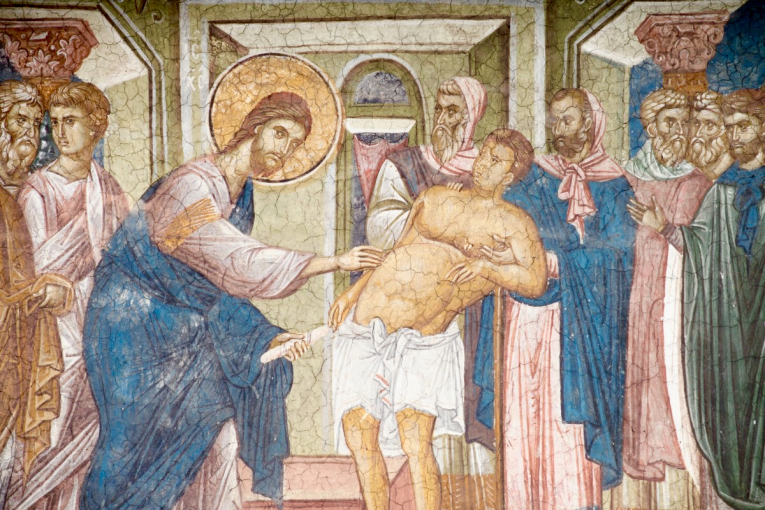
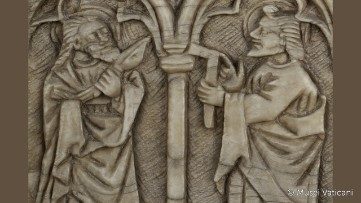
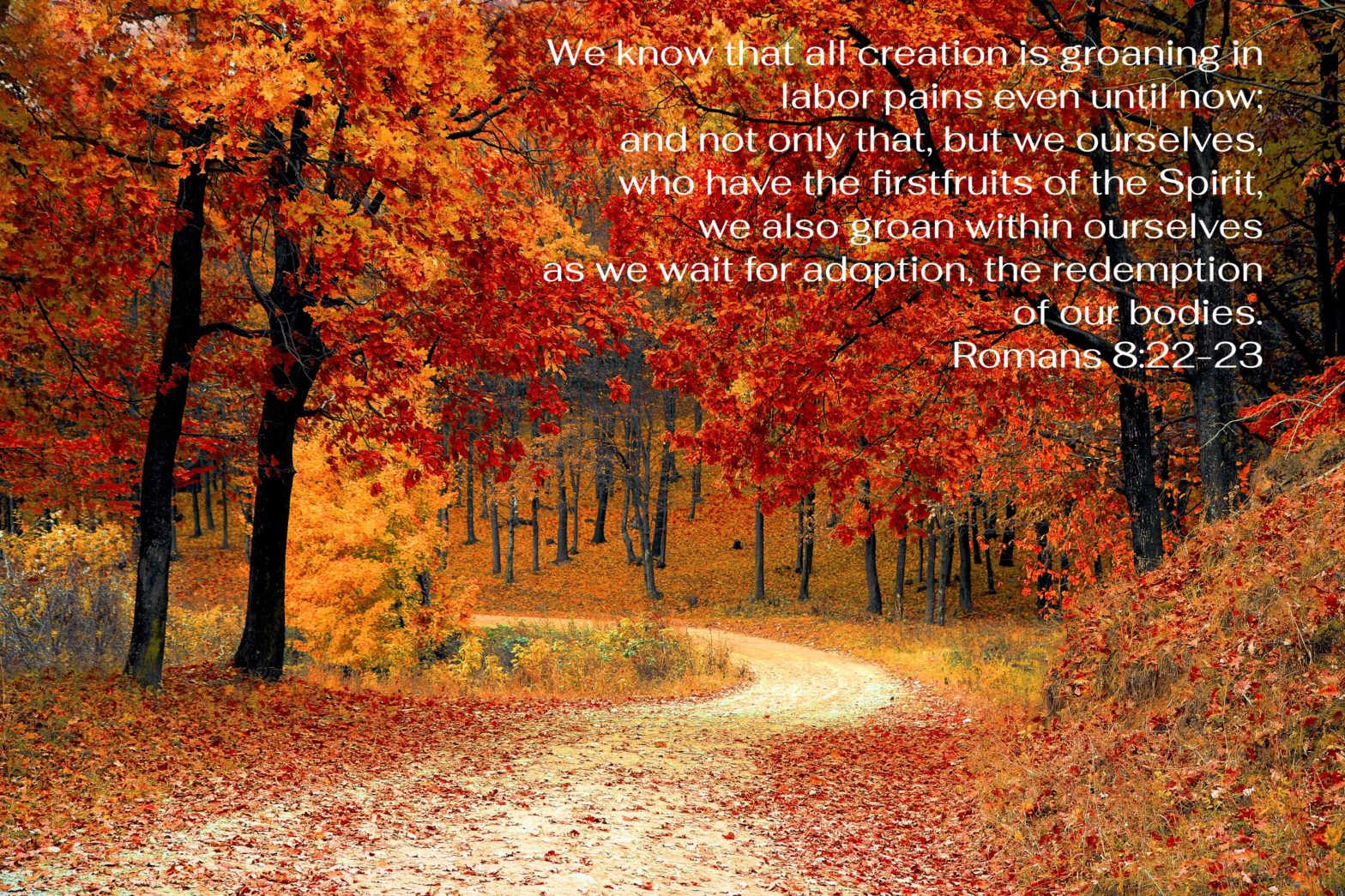
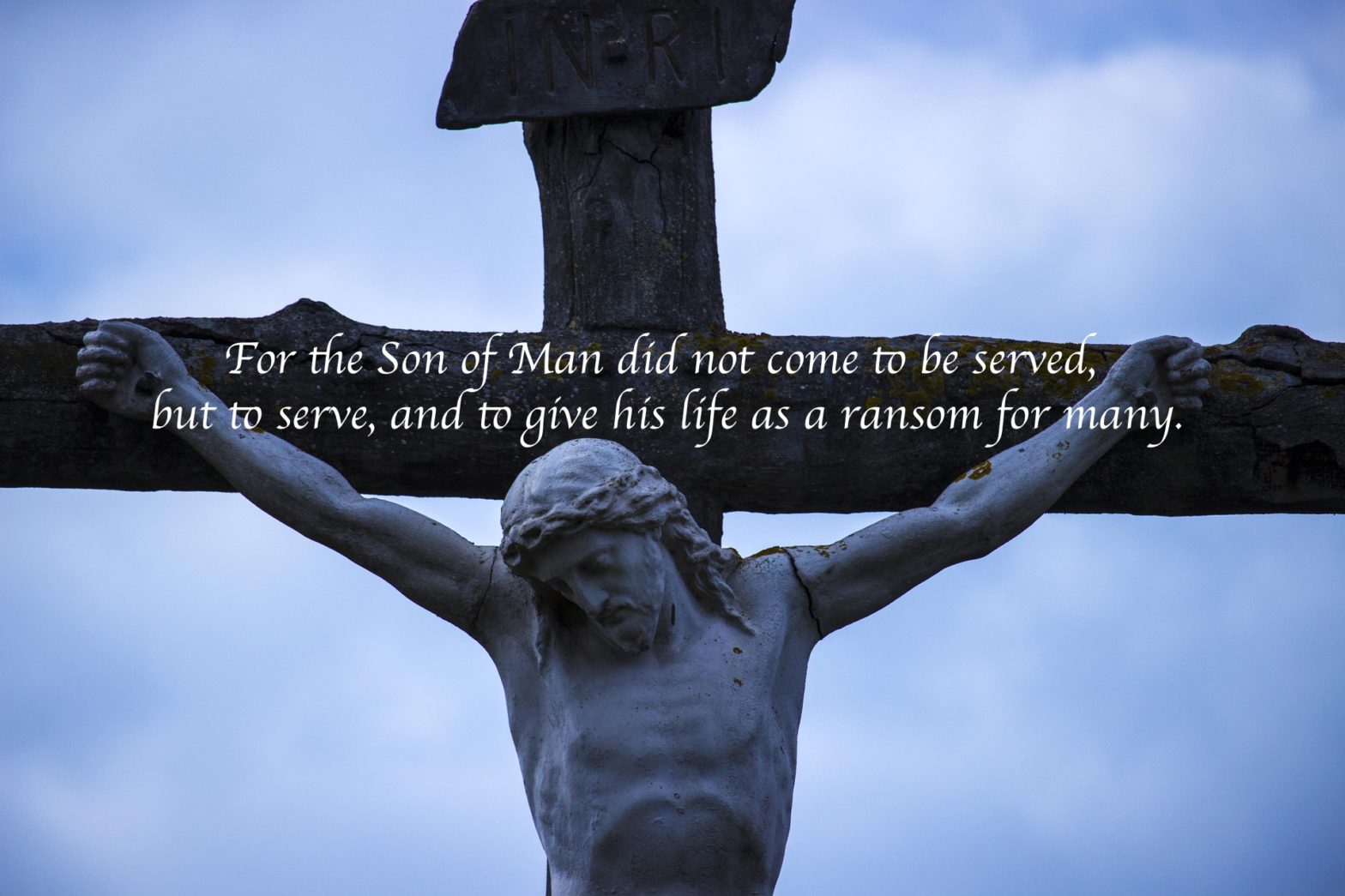
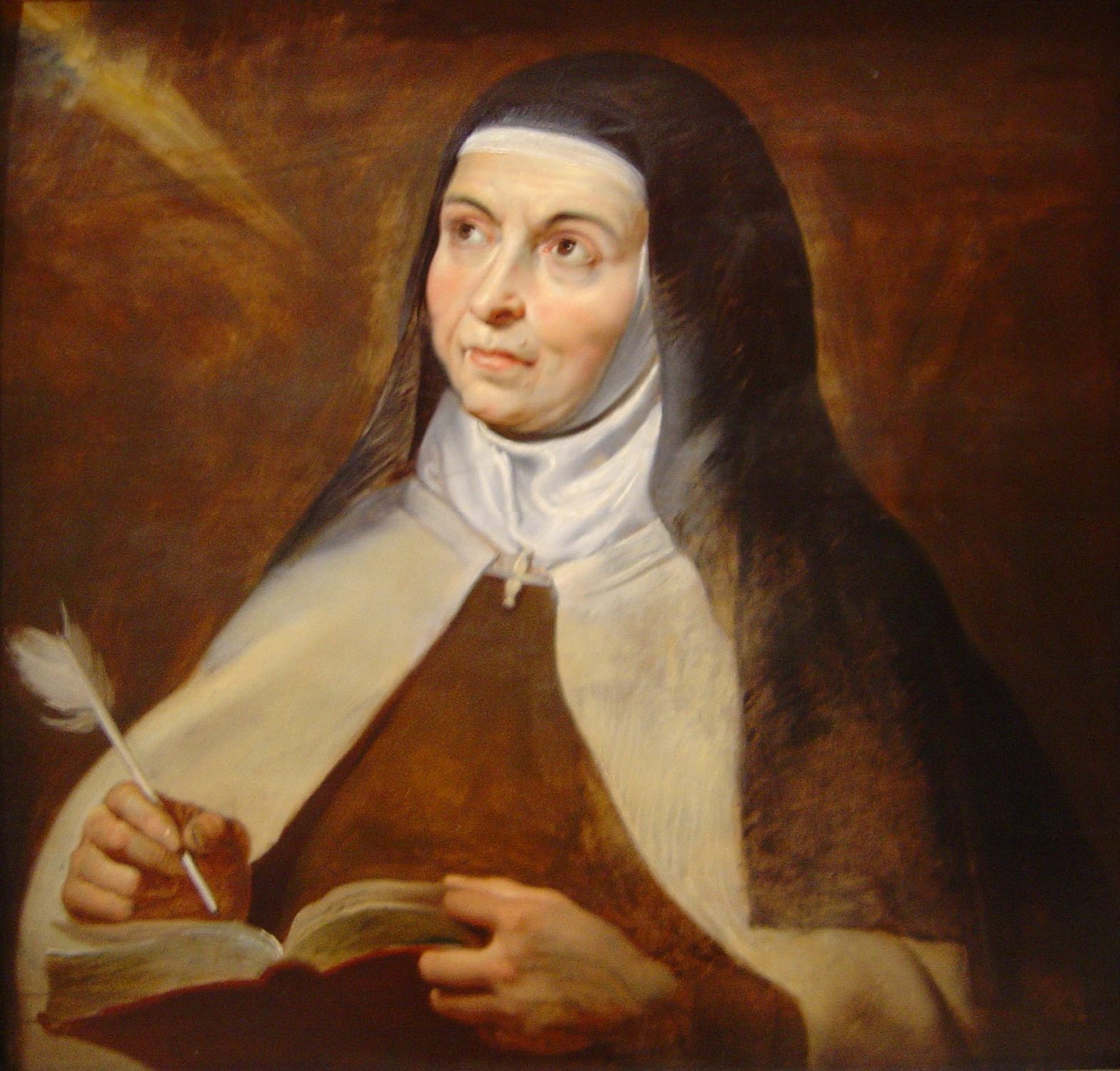
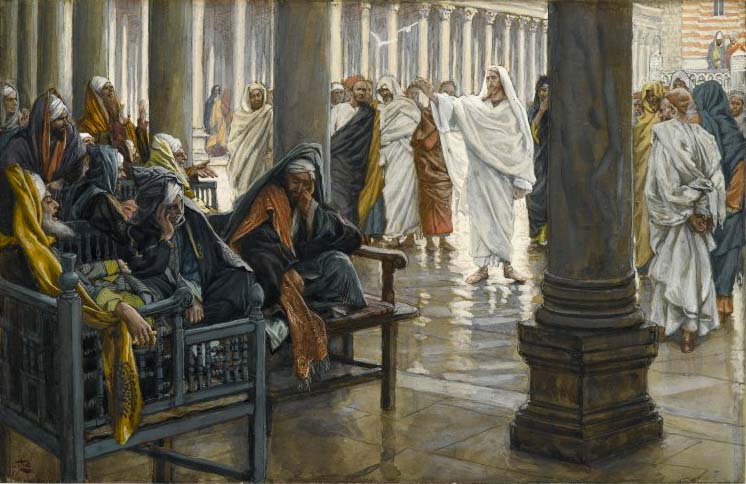
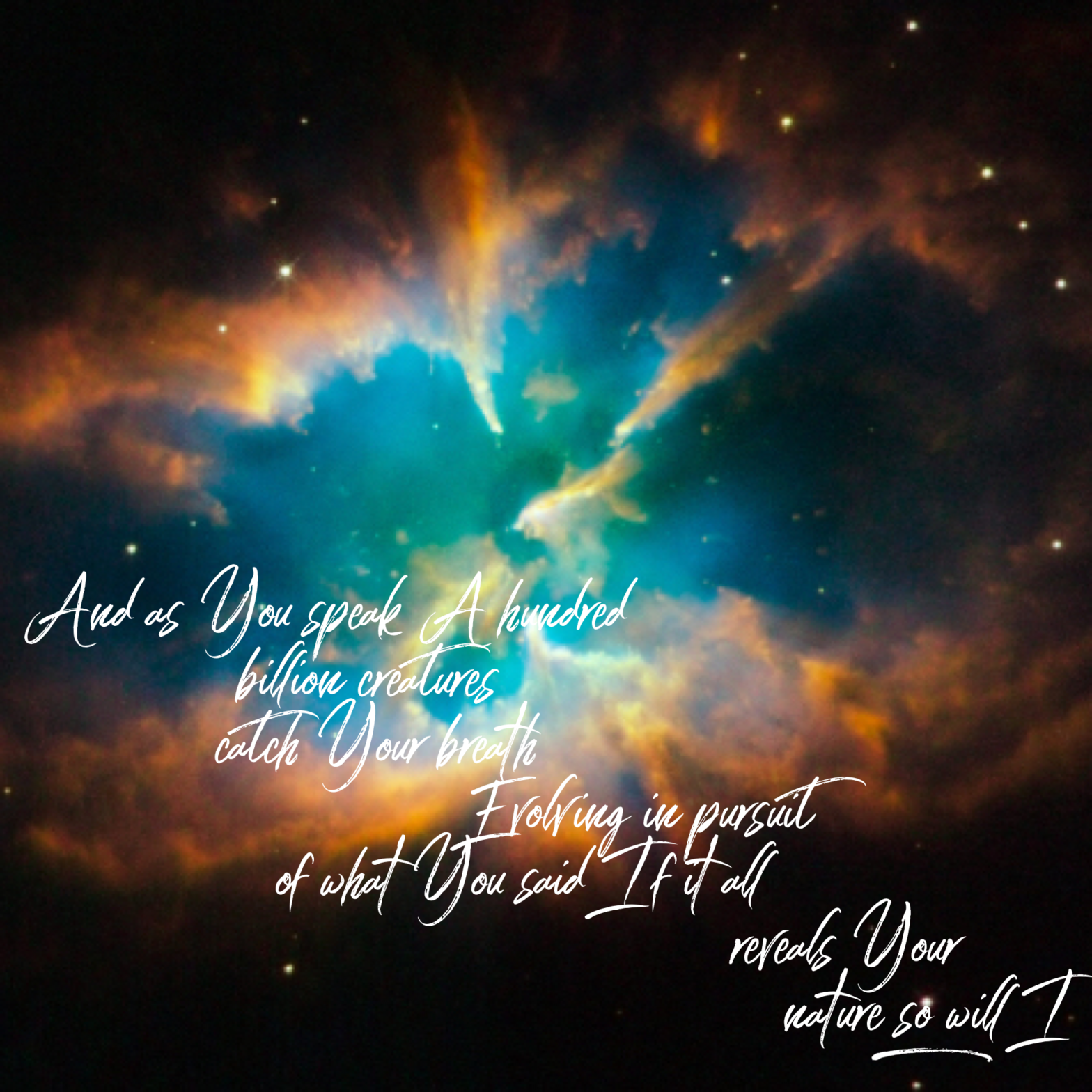
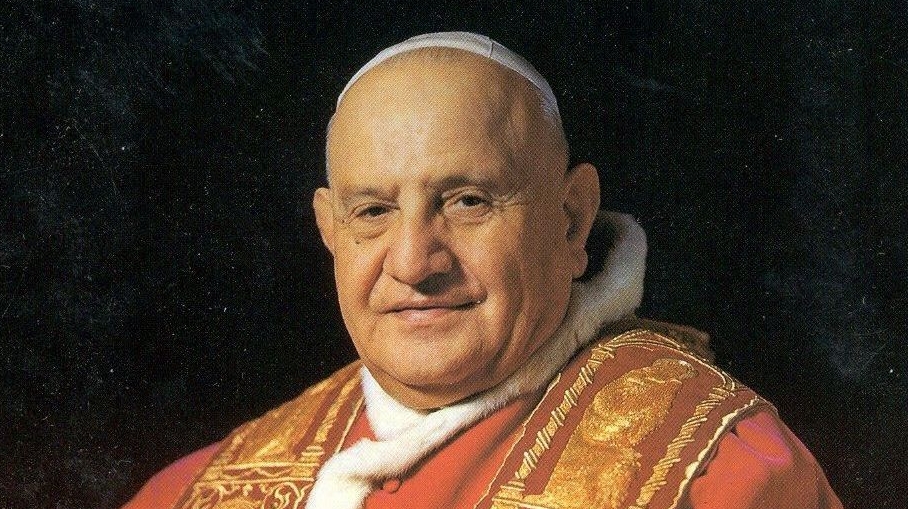
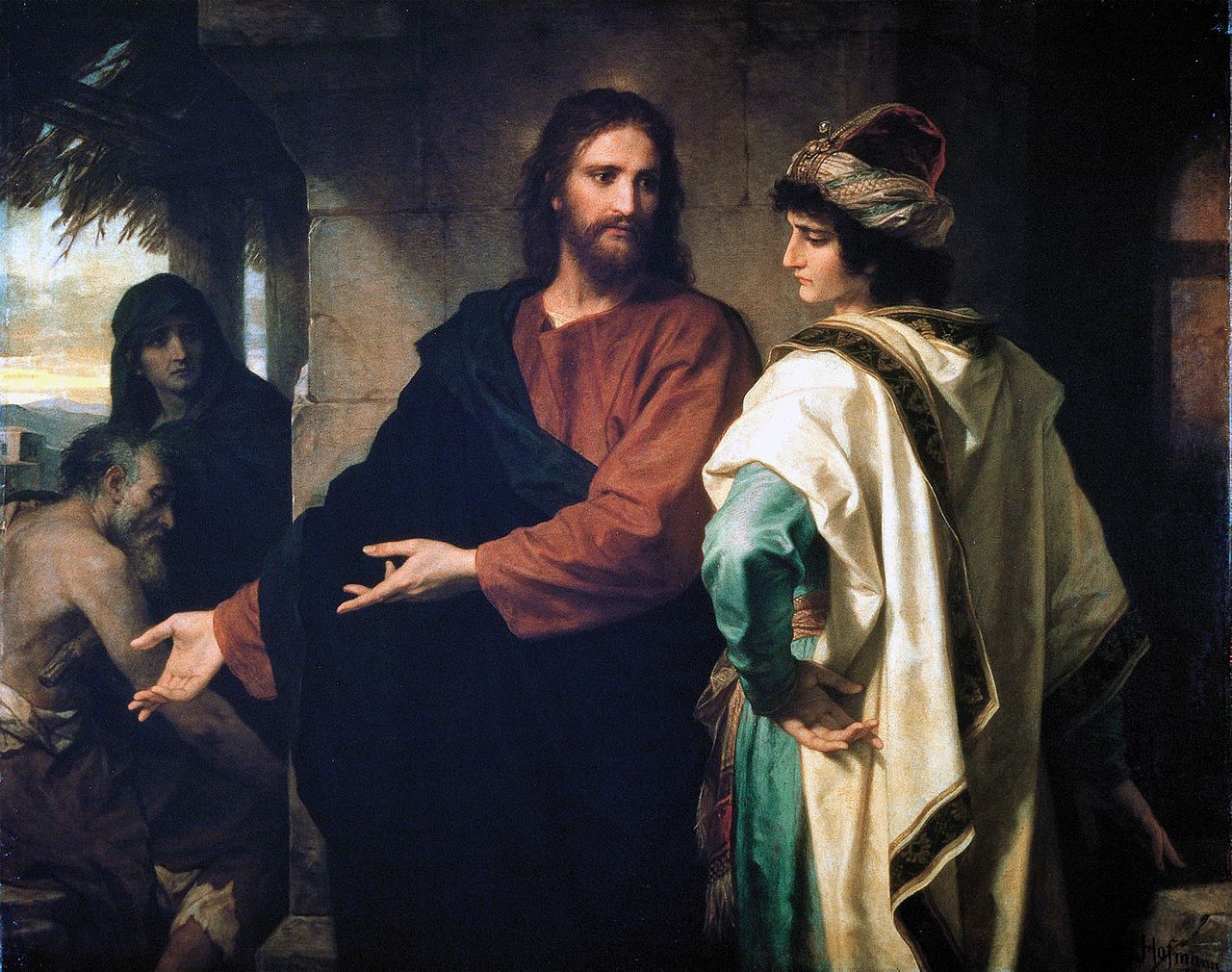
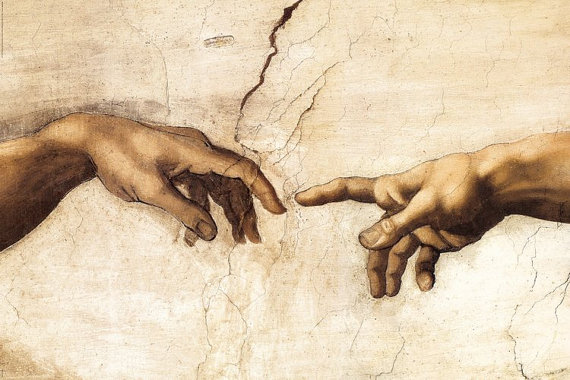
You must be logged in to post a comment.